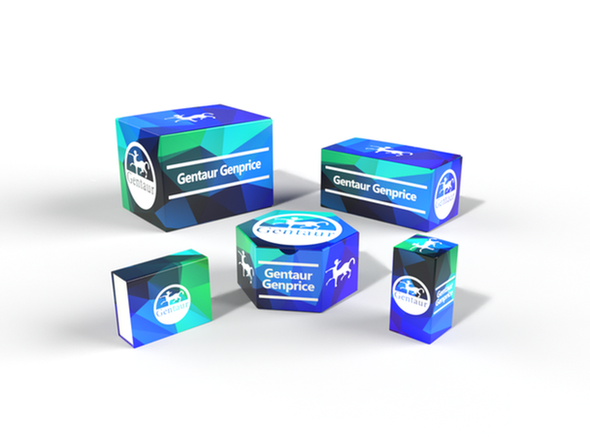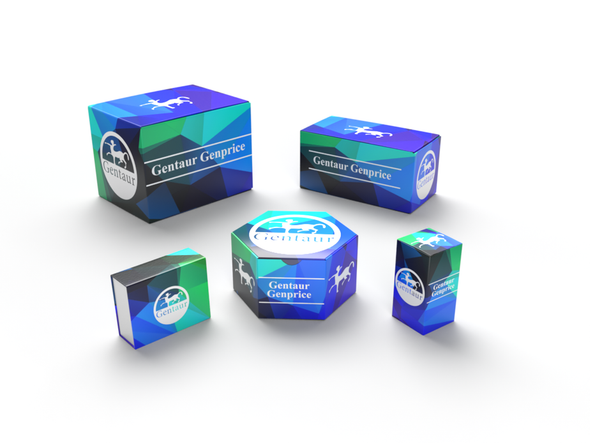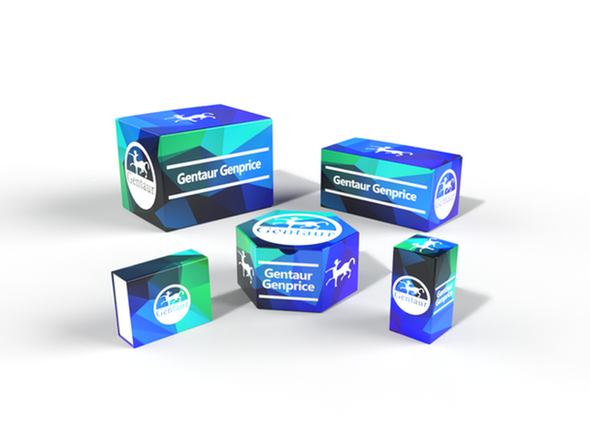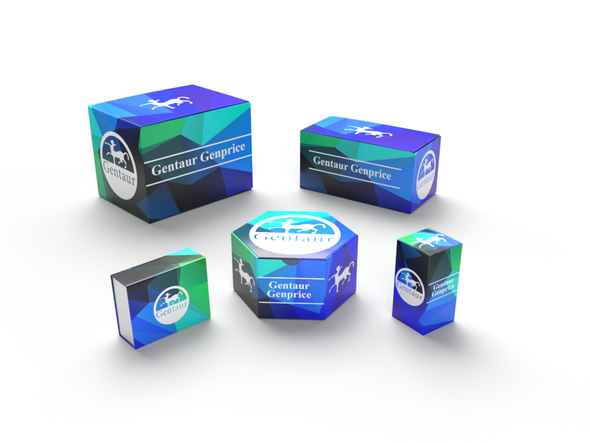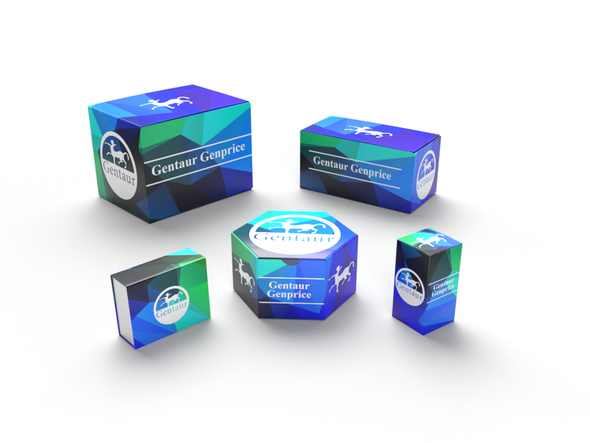740
Sheep Thyroid Stimulating Hormone (TSH) ELISA Kit | AE16397SH
- SKU:
- 740-AE16397SH
- Availability:
- Usually ships in 5 working days
Description
Sheep Thyroid Stimulating Hormone (TSH) ELISA Kit | AE16397SH | Gentaur UK, US & Europe Distribution
Species Reactivity: Sheep (Ovis aries)
Abbreviation: TSH
Alternative Name: N/A
Application: ELISA
Range: 0.31-20 μIU/mL
Sensitivity: 0.11 μIU/mL
Intra-Assay: ≤7.3%
Inter-Assay: ≤8.1%
Recovery: 1
Sample Type: Serum, Plasma, Other biological fluids
Detection Method: Sandwich
Analysis Method : Quantitive
Test Principale: This assay employs a two-site sandwich ELISA to quantitate TSH in samples. An antibody specific for TSH has been pre-coated onto a microplate. Standards and samples are pipetted into the wells and anyTSH present is bound by the immobilized antibody. After removing any unbound substances, a biotin-conjugated antibody specific for TSH is added to the wells. After washing, Streptavidin conjugated Horseradish Peroxidase (HRP) is added to the wells. Following a wash to remove any unbound avidin-enzyme reagent, a substrate solution is added to the wells and color develops in proportion to the amount of TSH bound in the initial step. The color development is stopped and the intensity of the color is measured.
Product Overview: Thyroid-stimulating hormone (TSH) is a hormone synthesized and secreted by thyrotrope cells in the anterior pituitary gland which regulates the endocrine function of the thyroid gland. TSH stimulates the thyroid gland to secrete the hormones thyroxine (T4) and triiodothyronine (T3) .TSH production is controlled by a Thyrotropin Releasing Hormone, (TRH), which is manufactured in the hypothalamus and transported to the Anterior Pituitary gland, where it increases TSH production and release. Somatostatin is also produced by the hypothalamus, and has an opposite effect on the pituitary production of TSH, decreasing or inhibiting its release.The level of Thyroid hormones (T3 and T4) in the blood have an additional effect on the pituitary release of TSH, When the levels of T3 and T4 are low, the production of TSH is increased, and conversely, when levels of T3 and T4 are high, then TSH production is decreased.
Stability: The stability of ELISA kit is determined by the loss rate of activity. The loss rate of this kit is less than 5% within the expiration date under appropriate storage condition. The loss rate was determined by accelerated thermal degradation test. Keep the kit at 37°C for 4 and 7 days, and compare O.D.values of the kit kept at 37°C with that of at recommended temperature. (referring from China Biological Products Standard, which was calculated by the Arrhenius equation. For ELISA kit, 4 days storage at 37°C can be considered as 6 months at 2 - 8°C, which means 7 days at 37°C equaling 12 months at 2 - 8°C) .


